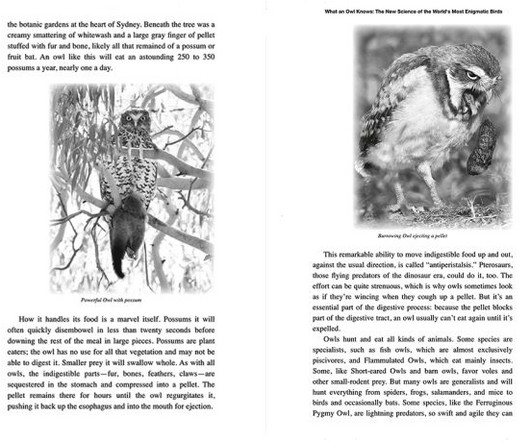The North American Model of Wildlife Conservation and Who Pays for It
10,000 Birds
DECEMBER 17, 2014
But the tenets of the North American Model were developed in the 19th century, when wildlife ethics and science were a mere glimmer of what we understand today. Dr. David Lavigne, Science Advisor to the International Fund for Animal Welfare, co-authored Gaining Ground: In Pursuit of Ecological Sustainability 5.














Let's personalize your content